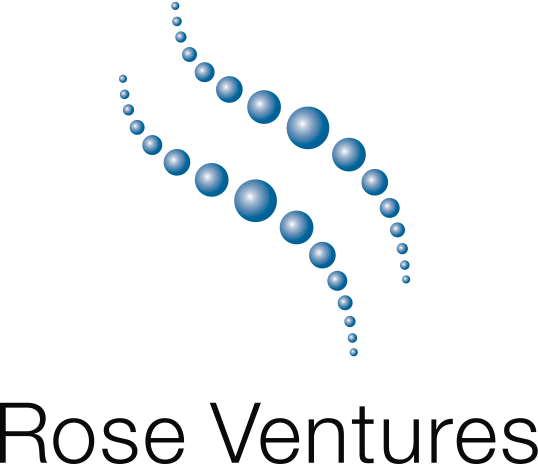AI and Progress in Science
A few weeks ago I read an article in the New York Times reflecting on Nobel Prizes just awarded in Physics and Chemistry to five scientists who had all been involved in developing or using “Artificial Intelligence” (AI):
https://www.nytimes.com/2024/10/13/briefing/nobel-prize-artificial-intelligence.html
To highlight just a few comments from the article:
“Science has always involved tools and instruments, and our relationship to them has grown more complex with their sophistication.”
“If anything, by highlighting the role of A.I. in science, the Nobel Committee underscored what an anachronism its recognition has become. The prizes conceived by Alfred Nobel in 1895 rewarded a certain romantic view of science: the lone genius (typically male) planting flags on the continents of Physics, Chemistry and Medicine. But the world’s current problems, from climate change and food insecurity to cancer and extinction, don’t respect those boundaries. Rare is the pure biologist or chemist; increasingly common is the geochemist, the paleogenomicist, the computational evolutionary theorist, the astrobiologist.”
“And if the Nobel Committee is now rewarding the contributions of A.I., should it not also recognize the researchers whose results it learned from? To crack the protein structure problem, AlphaFold, the A.I. that led to this year’s Chemistry prize, was trained on a databank encapsulating the work of more than 30,000 biologists.”
I thought the authors did a great job of reminding the general public of how the pursuit of science has evolved, its multidisciplinary nature, and the opportunities for applying AI to make new discoveries in the future. Science has always progressed a step at a time, building on the past, thanks to the hard work of creative individuals leveraging the collective knowledge of scientists who preceded them.
In the past I’ve expressed my concerns about various incarnations of generative AI being made available too broadly and quickly, the need for guidelines to ensure ethical use, and the potential for misuse - which is on full display as we head into the US Presidential elections next week.
Having said that, there is no doubt about how useful even current chatbots have become, or the value of the developments and applications of AI recognized by recent Nobel Prizes. Even more exciting is the ever increasing range of new applications being conceived almost daily, some with the potential to enhance the power of scientific inquiry, analysis and applications of new discoveries.
